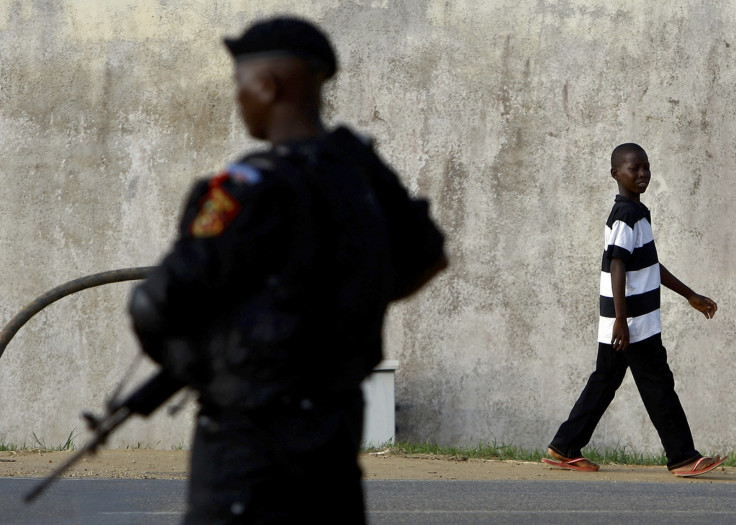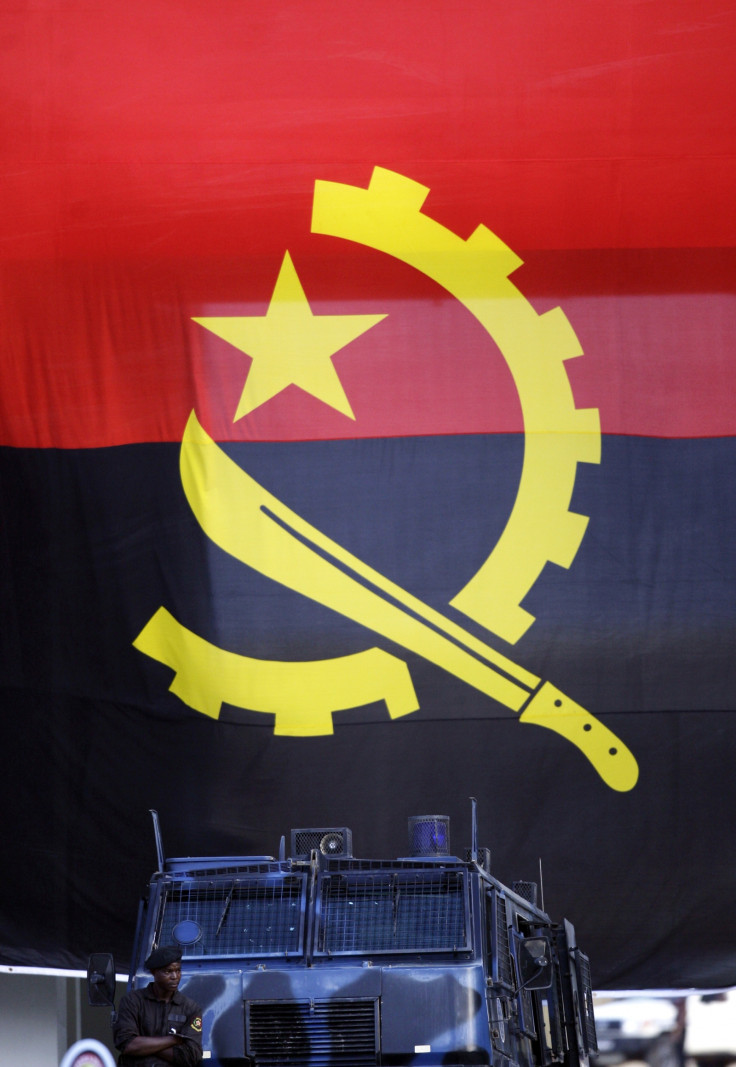Angolan authorities urged to investigate death of teenager shot by soldiers during peaceful protest
Rufino Antonio, 14, was fatally struck in the neck by military police during anti-eviction protest in Luanda.

Human rights groups have urged the Angolan authorities to investigate the death of a 14-year-old boy who was shot during a peaceful protest in the capital Luanda on Friday (5 August).
Human Rights Watch (HRW) and other groups have documented numerous cases in which security forces have unjustifiably killed or wounded protesters. In April, at least three people were injured by police gunfire during a student demonstration against an increase in school fees in Caluquembe, Huila province. The police later admitted that one officer had opened fire and said he would be punished.
In the latest incident, military police fired live ammunition in the air and at protesters' feet to disperse a crowd during a peaceful demonstration of local residents against the demolition of 625 houses for a development project in the Walale, Zango II neighbourhood of the capital, witnesses reported.
According to Omunga, an organisation that monitors forced evictions in Angola, the demolitions began on 31 July and were met by repeated but non-violent protests.
The law enforcement operation was conducted by a military unit of the Posto Comando Unificado (PCU), a new force tasked with protecting government infrastructure and land. The PCU includes construction inspectors, army soldiers and the police.
14-year-old struck in the neck
"I think they [the military police] got irritated by the number of people who were waiting for them," said a protester, Dinho, whose identity is concealed. "They loaded the guns and started firing at our feet. We ran away."
Lucas, another protester, whose surname is withheld, explained: "Then, this other soldier just pointed his gun at me. The boy was right behind me and I told him to run. We ran to hide behind a mango tree. That shot was directed at me. It missed me, it missed the mango tree, and unfortunately struck the boy."

Rufino Antonio, 14, was playing with other children when the military police arrived on 5 August, and Rufino went to join the demonstration. He was fatally struck in the neck when police opened fire.
The teenager's uncle, Rui Domingos, told HRW that neighbours who witnessed the shooting called him and Rufino's parents to the scene. When they arrived, the boy was already dead. No other protesters were injured by gunfire.
"The neighbours told us that a military officer had shot him... We immediately called the soba (local chief) and police," Domingos recalled, adding that minutes after the police came, army officials arrived and threatened the police commander and removed the teenager's body without explanation. Rufino's family located his body in the morgue of Maria Pia Hospital the following day.
Authorities urged to 'avoid bloodshed'
Simão Carlitos Wala, a lieutenant-general leading the PCU operations, told Voice of America that the incident was under investigation. He declined to provide details.
The government's deployment of military police and use of live ammunition "raises serious concerns about the security forces' unnecessary use of lethal force", HRW said.
The rights organisation urged the Angolan government to ensure that its security forces abide by international standards and to review its use of soldiers and military police during demonstrations, who the organisation said "are trained to use their guns first".
HRW's Africa director Daniel Bekele added: "The authorities need to promptly investigate why the soldiers opened fire, prosecute those responsible for any wrongdoing, and take steps to avoid such bloodshed in the future."
He also urged the Angolan authorities to demonstrate that they are serious about curtailing excessive use of force by fully investigating the death of Rufino and bringing those responsible to justice.
Use of force and firearms: What does the law say?
International human rights standards on the use of firearms provide that non-violent means should be used as far as possible before resorting to the use of force:
- Law enforcement officials "have a vital role in the protection of the right to life, liberty and security of the person".
- Law enforcement officials should not use firearms against people except in self-defence or defence of others against the imminent threat of death or serious injury.
- They should use restraint and act in proportion to the seriousness of the offence – whenever the lawful use of force is unavoidable.
Angolan law permits security forces to use lethal force only as a last resort to counter a threat to life or serious injury.
Angola is a party to the International Covenant on Civil and Political Rights (ICCPR) and its Optional Protocol7 and to the African Charter.
© Copyright IBTimes 2025. All rights reserved.






















